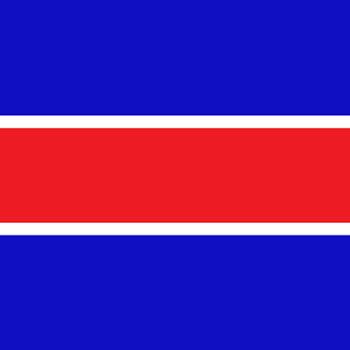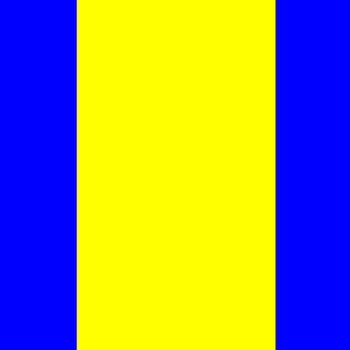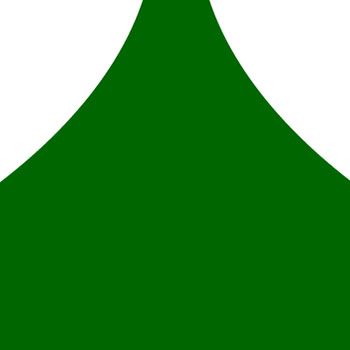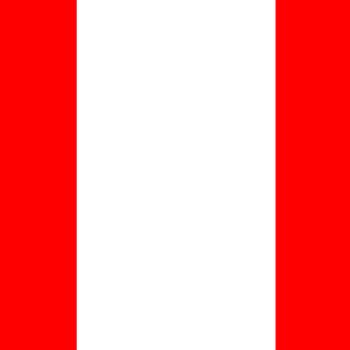Ructions in Bendigo footy rolled on in the 1970s
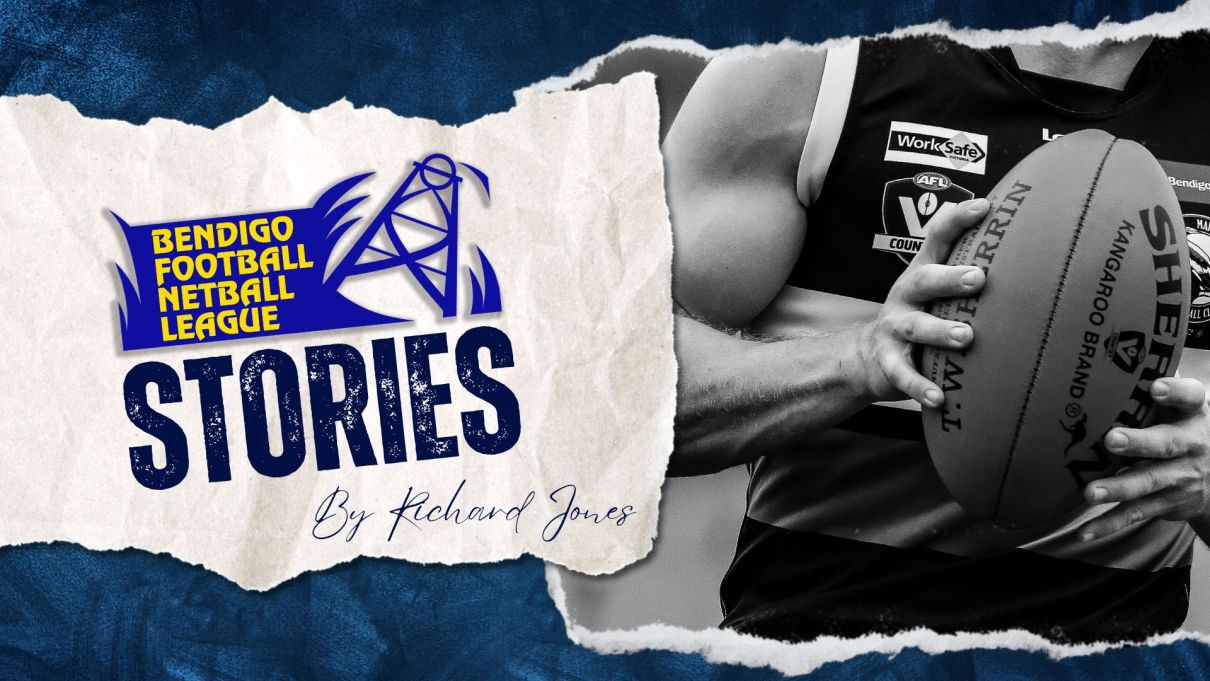
Disagreements, club points deductions, along with player suspensions, rolled on through the 1970s in Bendigo footy.
Early on in the 1971 season Carlton cleared ruckman Bob Edmond to Sandhurst after the Blues’ big man had agreed to drive up from Melbourne each weekend.
However, the BFL refused to grant Edmond a permit because it claimed the Maroons had too many ‘ex-radius players’ on their list --- meaning too many footballers living outside the Bendigo area.
The Bendigo District Appeals Tribunal heard Sandhurst’s appeal against the decision and upheld it.
But the Edmond saga hadn’t ended yet. The BFL continued to refuse to grant Edmond a permit throwing the league into direct conflict with the Victorian Country Football league: the head body for footy in regional and rural Victoria.
And it wasn’t a one-off confrontation. Earlier in ’71 the VCFL had threatened to disaffiliate the Bendigo league over its refusal to revoke the permit of South Bendigo’s Rodger Marsden.
He’d transferred from Geelong without a clearance.
Now the VCFL threatened to disaffiliate the BFL if it refused to grant a permit for Bob Edmond.
The Bendigo league stood its ground. Sandhurst heeded the ruling of the appeals board and played their new ruckman.
But it wasn’t over yet. Late in the season the BFL docked the Maroons their eight premiership points for the two victories with Edmond in the side.
And their ruling --- playing a footballer without a valid permit.
It was a troubling time for the late Ivan O’Donnell, the secretary of the BFL and also the VCFL’s Bendigo district councillor.
And although the official records don’t let on I can vouch that Ivan was also a fervid Sandhurst supporter who had to lock this affiliation away with his other chores more pressing.
So despite his outspoken resistance to the BCFL during the Marsden affair he was on the side now of country football’s ruling body and, ironically enough, against the league he served as secretary.
His thoughts can be conveyed from this short excerpt from an article O’Donnell wrote for the Advertiser.
“The Bendigo league are snubbing their noses at the VCFL which is the controlling board of country football.”
What his fellow BFL officials thought of this hasn’t been passed down in the historical records but one letter writer conveyed his thoughts.
In the era when the Addy printed double page spreads of Letters to the Editor one correspondent railed against the competition’s stance on Bob Edmond.
“It’s about time the BFL woke up to themselves. For years now they have been the ones to rock the boat.
“They are completely parochial in their outlook to the point where they have become nothing more than a nuisance.
“They have blown up this affair to such proportions that there is now friction within the league.
“Some clubs want Sandhurst suspended and the final straw was the resignation of the league secretary Ivan O’Donnell.
“He has been BFL secretary for 17 years, is one of the most powerful men in country footy, and one of the few Bendigo officials who could see beyond the city limits.”
Phew! So in the outcome to the BFL’s decidedly “heavy-handedness” in taking points from Sandhurst the decision forced the Maroons to miss the 1971 finals.
Rochester sneaked into fourth position, creating an even bigger problem for the BFL as it headed towards what was now a controversial finals series.
In the end Eaglehawk won the 1971 Big Dance in a canter: 15.13 (103) to Golden Square 3.10 (28).
Going back to the late Sixties and the time when the Rodger Marsden case had surfaced.
With the new club country recruiting scheme in place for the 1968 season the ever-busy O’Donnell and the BFL were very vocal in their opposition to the VFL.
Not to their overall country kings, the VCFL as was the case in 1971, but the top Aussie Rules footy body.
It seems very odd these days but back 56 years the VFL had emphatically ruled that a country player could obtain a clearance to a VFL club without the approval of his competition.
Very bizarre, you might say.
And then by mid-1968 as a sort of counter-measure Bendigo league officials advised the supreme body they would grant permits to VFL players who wanted to play in their competition without a VFL club, or overall VFL, clearance.
Mr O’Donnell informed the VFL his body had made the ruling because they rejected the VFL’s right and authority to introduce zoning against the wishes of VCFL officials.
Also, the BFL stated, they were livid about the VFL’s decision to grant a permit to Alex Ruscuklic so that he could play with Fitzroy.
“We believed this was unconstitutional,” Mr O’Donnell wrote.
So the BFL, maybe in a revenge motion, duly granted permits for Rodger Marsden to play for South Bendigo (as mentioned above) and for Michael Evans to play for Kyneton.
Both were granted without permits or clearances from their VFL clubs.
Marsden had played three senior games for Geelong over two seasons while Evans had racked up 14 senior games for North Melbourne.
And then suddenly the VCFL told the Bendigo league to revoke the two permits.
The ever-busy BFL replied that it wasn’t going to revoke Marsden’s permit until the VFL had paid the transfer fee for Graham Brandt, who had left South Bendigo to play for South Melbourne.
The VFL’s South Bloods eventually paid the fee but with the other situation the BFL continued to allow Marsden to turn out for South Bendigo.
Fast forward, now, to 1972-73 and the ever-busy O’Donnell had his hands and within them, his pen, in action once again.
Rochester, which had stood down for one season from the BFL in 1972, and Echuca were gone by the end of the 1973 season.
Rochester suffered greatly throughout the ’73 season in the Goulburn Valley F.L. They’d swapped their traditional Essendon colours and adopted the yellow and black colours of Richmond.
Many of the old-time supporters and financial backers of Rochy were left with bitter tastes in their mouths at the club’s decision to leave the BFL and look east towards Shepparton.
The BFL still had eight clubs in 1973 with ex-Golden City league club Kennington-Strathdale replacing Rochy, but with Echuca opting out the following year the league was down to seven.
Echuca delegates told the VCFL district council they’d not hosted a BFL finals match in their five decades in the league and noted that the GCFL played their finals matches at different venues.
Mr O’Donnell urged the VCFL’s District Council to reject The Murray Bombers’ appeal so that the BFL could retain its eight-club structure, but the VCFL endorsed Echuca’s bid.
So the Murray Bombers moved into the Goulburn Valley league for the 1974 season, there to renew their long, long spirited rivalry with Rochester
#With thanks and credit to former Advertiser sports-writing colleague and historian Paul Daffey who has written six books centred on Victorian and NSW regional and rural footy leagues and clubs.


